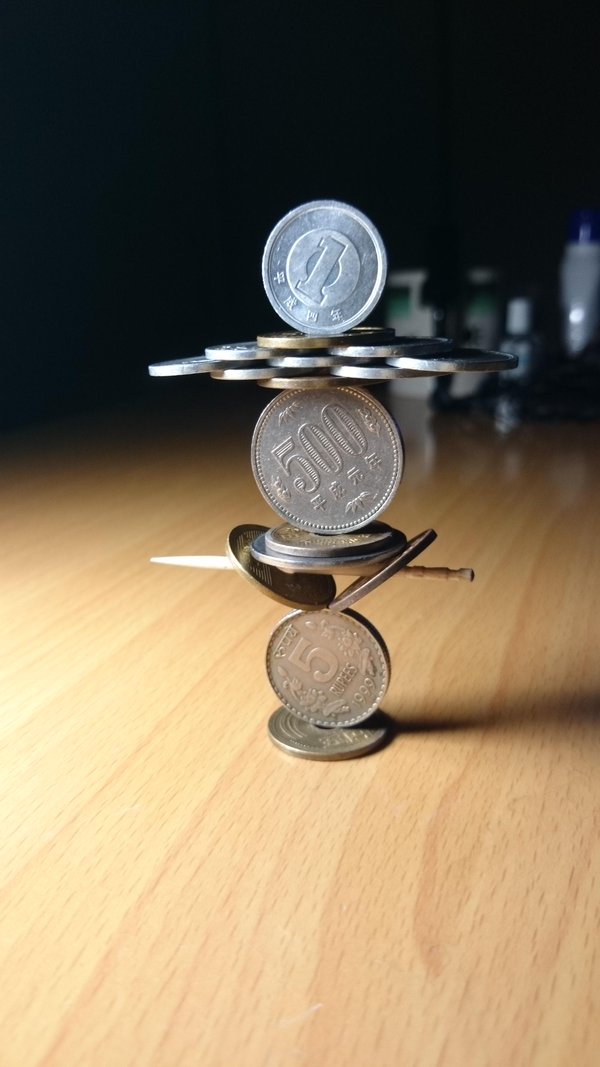‘Shit, the monkeys are here…’
The Rock of Gibraltar is an imposing limestone monolith, towering 426 metres over the Mediterranean Sea on the southern coast of Spain in the British overseas territory of Gibraltar. Its prominent place in European myths and its impressive views have long made it a draw for tourists, as has the population of Barbary macaques inhabiting the Gibraltar Nature Reserve on the rock’s upper reaches. However, the macaques aren’t bothered by human-imposed borders, frequently venturing off the reserve and into town, where they wreak mischief on tourists and residents alike. Subtly and playfully observed, Eleanor Mortimer’s amusing short documentary Territory puts us on the ground in the ongoing, low-key turf war between the people of Gibraltar and the clever primate cousins who are utterly indifferent to their will.
Via Aeon, where you can see the video full size.
















